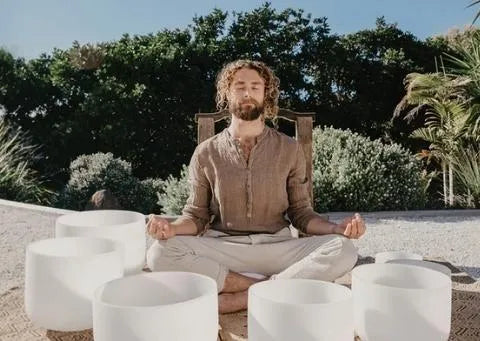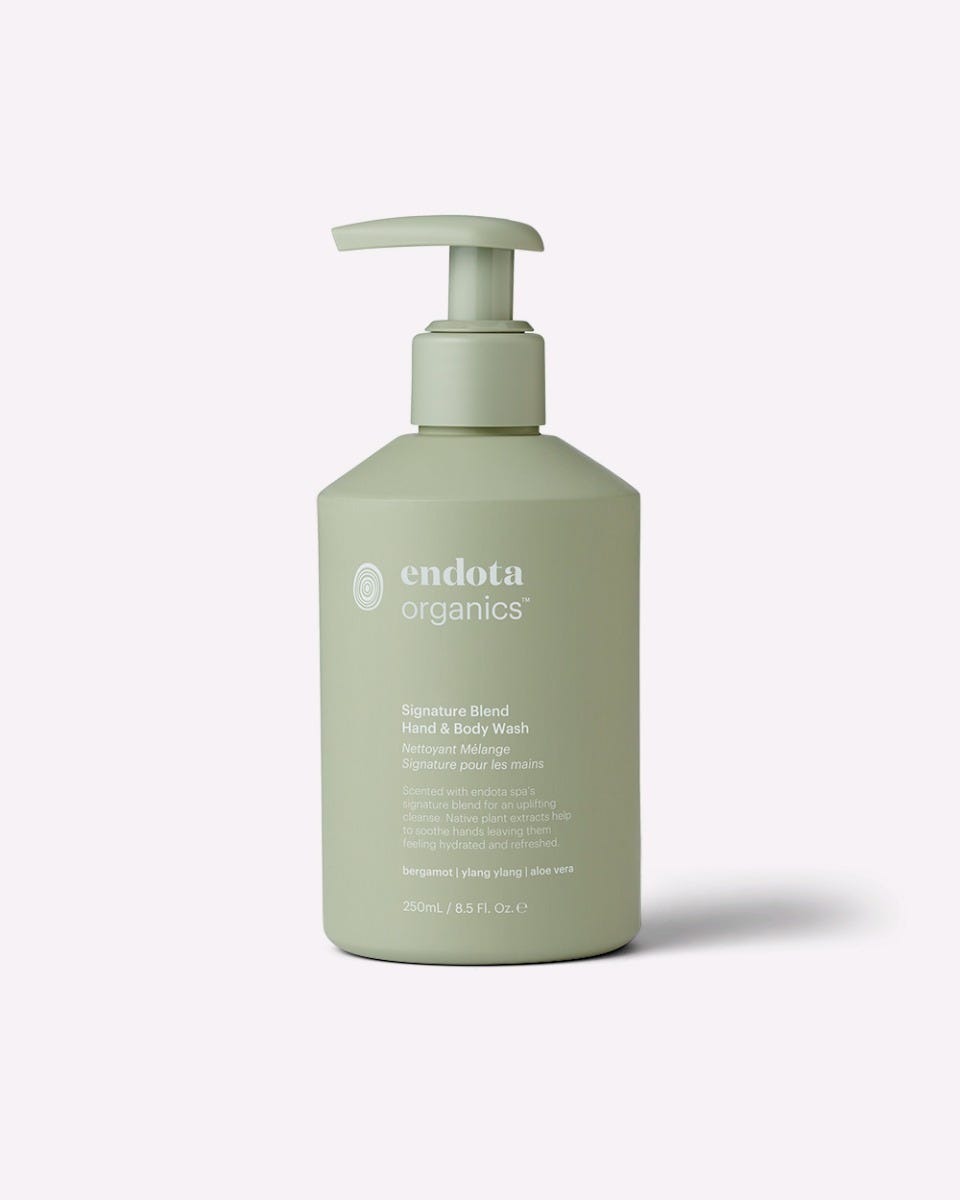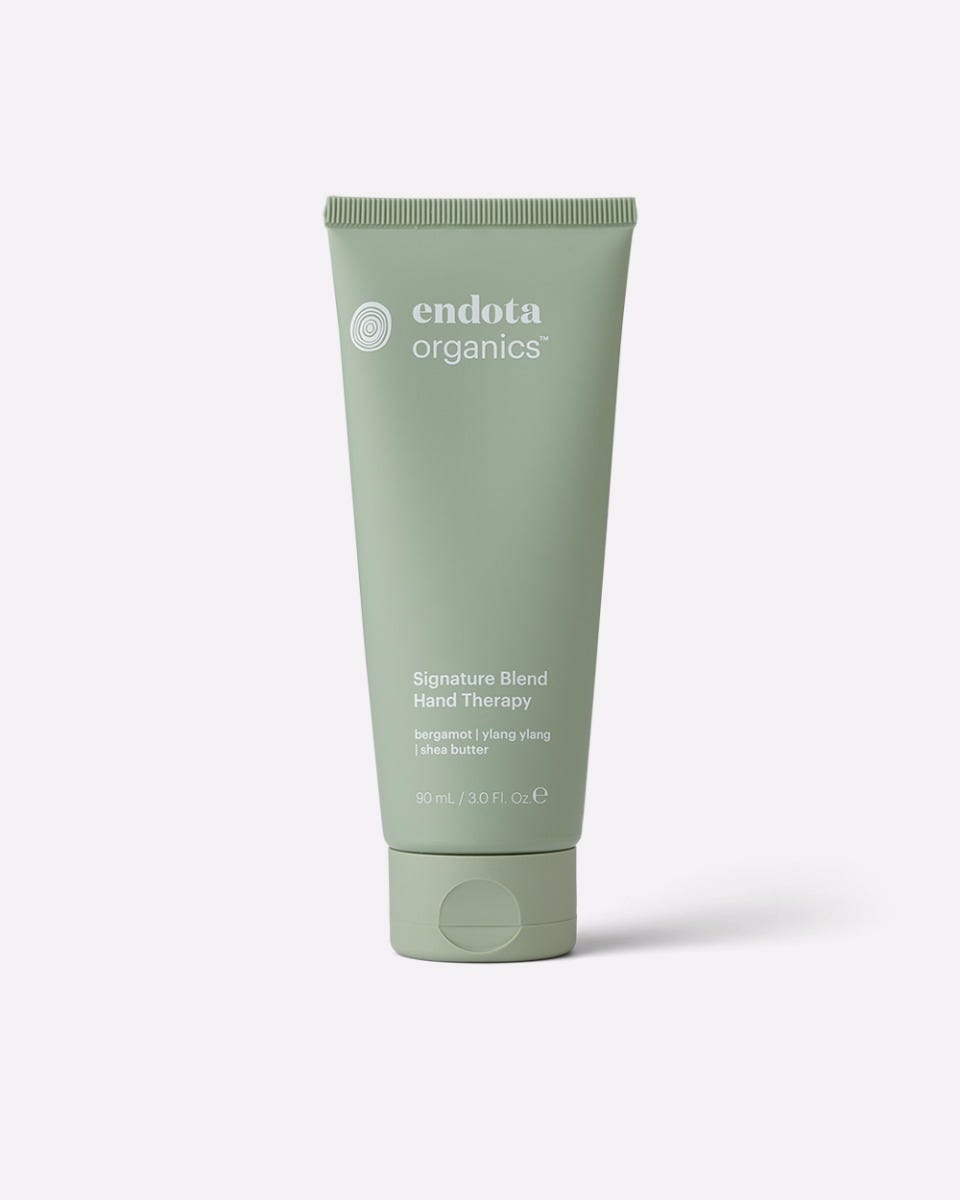Guided meditation: how this simple practice can improve your life
With the personal and professional demands of modern life it’s no surprise that so many of us are turning towards mindful rituals to maintain a sense of mental, spiritual, and physical health.
Meditation is the perfect example. The ancient wellness practice has been used for thousands of years, and is known to encourage relaxation, calmness and clarity, all of which can feel like a rarity given the fast pace of the world we live in.
However, meditation is often one of those things that sounds good in theory, but sitting in silence, quieting the mind and blocking out the rest of the world can be pretty daunting.
That’s why guided meditation is such an effective way to integrate the ritual into your life. You’ll still experience the transformative benefits, but because it is somewhat structured, it’s easier to stick to, and makes for a great entry point for anyone who is new to the discipline or struggling to practice regularly.
What is guided meditation?
Guided meditation is the practice of meditation led by another party, whether that’s a yoga instructor, a digital recording, or a spiritual guide. They will audibly guide you through your practice, instructing you to relax your body, focus on your breath and perhaps walk-through certain visualisations. The meditation might last for minutes or hours, but the end goal is to promote a sense of calm, mindfulness, relaxation and healing.
What are the benefits?
Guided meditation can greatly benefit your emotional wellbeing and physical health, both during your practice and afterwards. When integrated into your routine on a regular basis, there is growing evidence to support that meditation can help to:
Increase focus and mental clarity. Promote better sleep. Promote a more positive outlook on life. Increase self-awareness. Increase imagination and creativity. Lower blood pressure. Decrease incidences of stress.
It can also help to encourage feelings of happiness, contentment and living in the present — a wonderful antidote to the busyness and stress that comes with living in today’s modern world.
Some techniques to try
If you want to integrate guided meditation into your day, there’s lots of tips and tricks you can employ to ensure you remain consistent. The first step is to find a practice that works for you personally. You might like to undertake a guided meditation in combination with movement (such as a yoga flow or a slow walk). Alternatively, you might find value in some simple breathwork exercises, or beginning your guided meditation with a repetitive mantra.
Whatever it is, remember that there’s no ‘right’ or ‘wrong’ way to meditate. Instead, it’s more about listening to yourself and going with what feels right — this will ensure you can remain consistent and experience the long-term benefits.
Where to start
The endota Retreat program is designed to support and guide you on your mindfulness journey, and includes guided meditations. You’ll find classes of different time limits, breathwork exercises, mantra practice and other tips and tricks that will help you arrive at a peaceful place.
Start with one class and build from there — we know that once you experience the peace that comes with quieting your mind, you’ll feel all the better for it.








